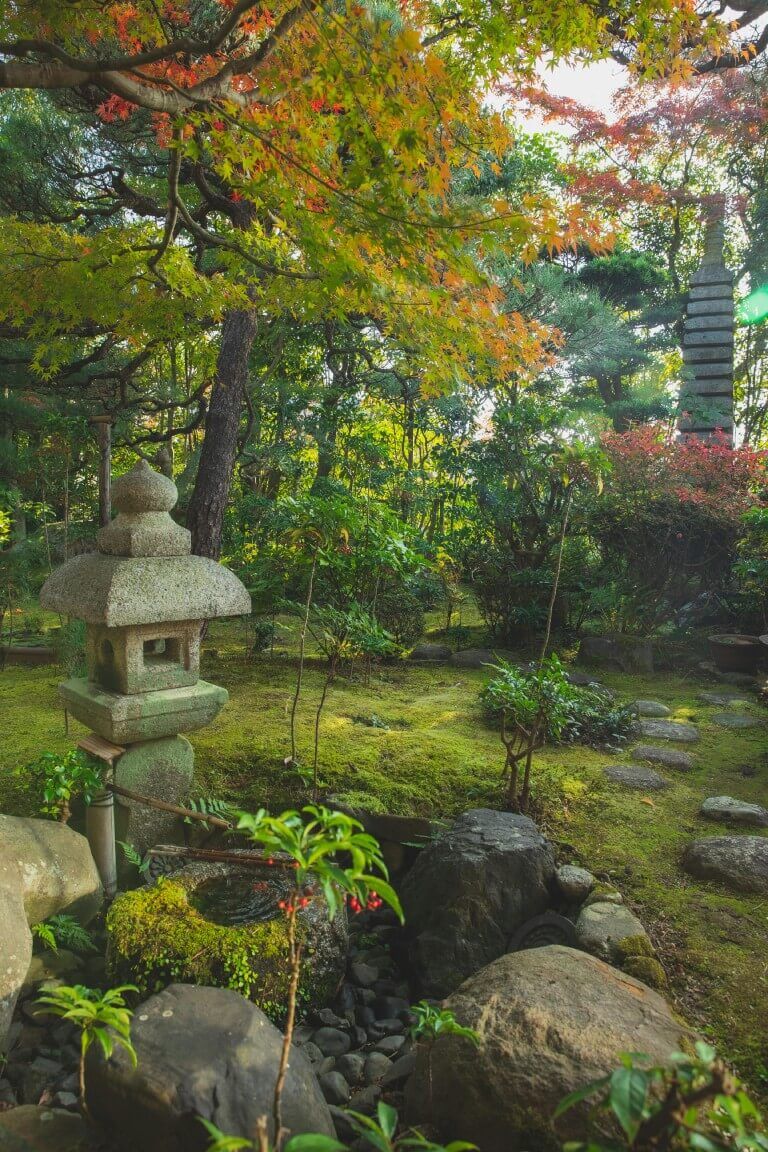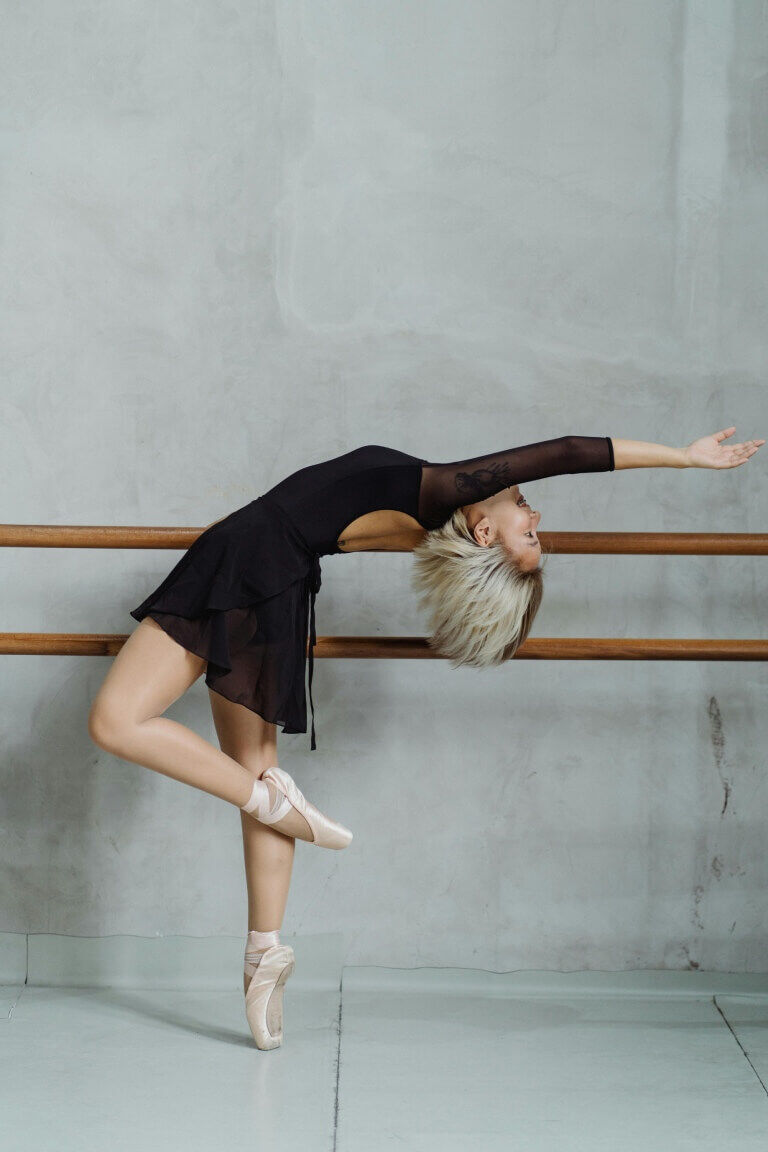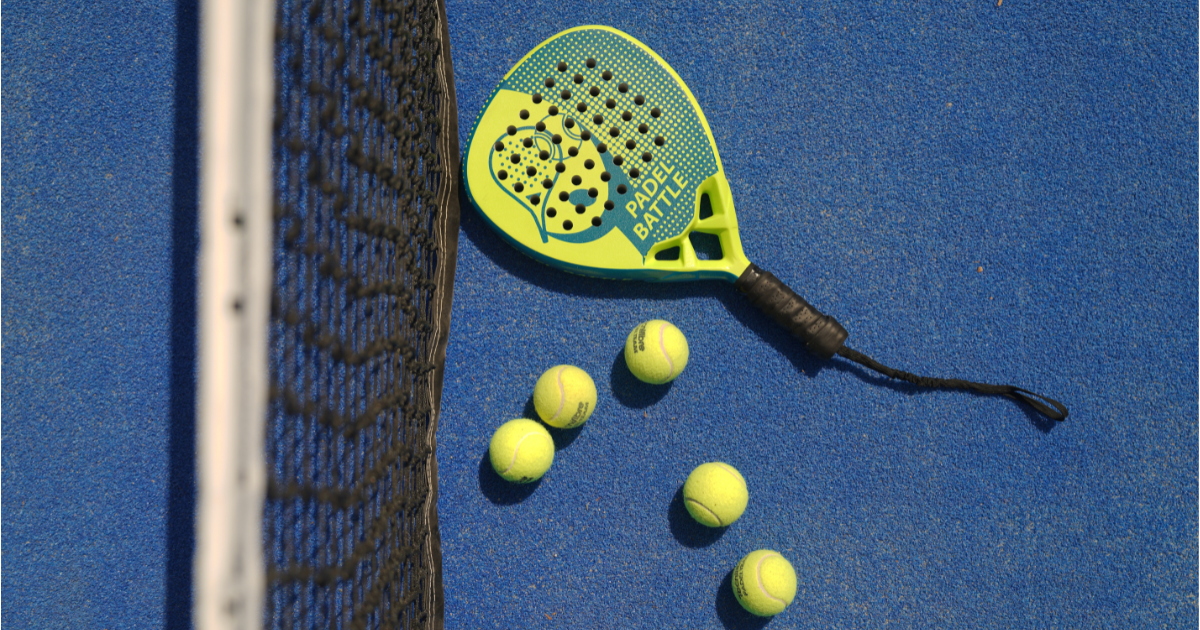The art of slowing down: practices and tips for enjoying every moment in the new year
How mindfulness can transform your life

In today’s fast-paced world, many of us feel the constant pressure to stay on top of things. Being active, productive, and always on the move has become the norm. In our pursuit of success, often inspired by the seemingly perfect images on Instagram, we forget the importance of taking a break now and then.
Amid the rapid changes in our lives, we sometimes lose sight of what truly matters: our emotions and inner well-being. It’s crucial to pause occasionally and ask yourself: “Am I really okay? Where am I in life, and where do I want to go?” Without these moments of reflection, we risk getting lost in endless tasks, forgetting what’s genuinely meaningful.
Slowing down is a process that allows you to pause, breathe, and become aware of what’s happening around and within you. Here are several techniques and recommendations to help you live more mindfully and savor those precious moments that can make life truly special.

Фото: Pexels
The practice of contemplation
The importance of mindfulness has been recognized since ancient times. Many Asian cultural traditions are deeply rooted in the art of contemplation. In ancient China, gardens were designed specifically for quiet reflection, while in Japan, the tradition of admiring blooming sakura remains an integral part of life. These practices encourage people to pause, detach from life’s hustle, and appreciate the beauty of the moment, reminding us that life is much more than our daily routines.
Today, everyone can engage in contemplation in their own way. Visiting a museum, enjoying a meal at an unusual restaurant, or even window shopping can become moments of mindful reflection. The key is to dedicate enough time to these activities, as they play a significant role in your mental well-being.

Фото: Pexels
Keeping a journal
In cognitive-behavioral psychology, journaling is a well-regarded tool for staying grounded, especially during challenging times. When life feels overwhelming, our minds can shift into survival mode. One way to prevent this is by tracking your thoughts, emotions, and experiences through journaling.
One effective journaling technique involves setting 30 themes, one for each day, and recording your reflections and progress. By year’s end, you’ll have a comprehensive guide to the changes and accomplishments you’ve experienced. If you’re interested in delving deeper into journaling techniques, you may find inspiration in Kathleen Adams’ book “Journal to the Self.”

Фото: Pexels
Creating a vision board
Crafting a vision board has become a popular method of self-exploration. When approached with intention, creating a vision board can be both enjoyable and beneficial. Focus on setting goals that are achievable soon and regularly revisit your board once or twice a month to track your progress.
This practice helps you observe which desires have come true and which have lost their relevance. It’s essential to recognize your achievements and efforts and to thank yourself for the work you’ve done.
Hobbies and creativity
Engaging in an activity that brings you joy, regardless of the outcome, is a vital component of mindful living. However, it’s important to note that your hobby should be something separate from your profession or creative work.
Hobbies that encourage slowing down include pottery, painting, knitting, or any activity that allows you to disconnect from the external world and focus on yourself. The key is to choose something that brings you pure enjoyment.

Фото: Pexels
Connecting with your body
“The body keeps the score” is how researcher and psychiatrist Bessel van der Kolk titled his well-known book, where he explores how the body retains memories of all our experiences. His research highlights a critical truth: ignoring the needs of your body can lead to stress or even psychosomatic illnesses.
To maintain energy and well-being amid the whirlwind of tasks and deadlines, incorporating physical activity into your routine is essential. For slowing down, sports such as yoga or Pilates are highly recommended. Their static nature helps you become more aware of both your strengths and areas for improvement.
Yoga also offers excellent meditative exercises that can help you focus your thoughts and tune in to your inner voice. These practices provide a sense of calm and clarity, helping you to navigate life’s challenges with a balanced mind and a centered spirit.


